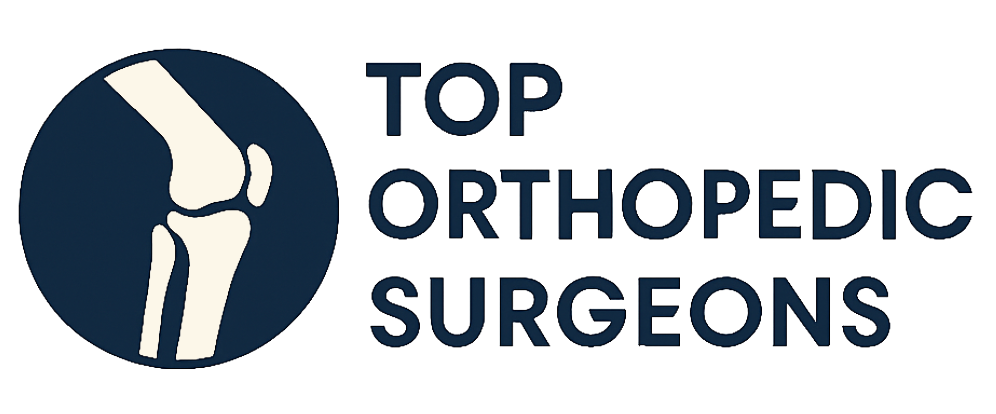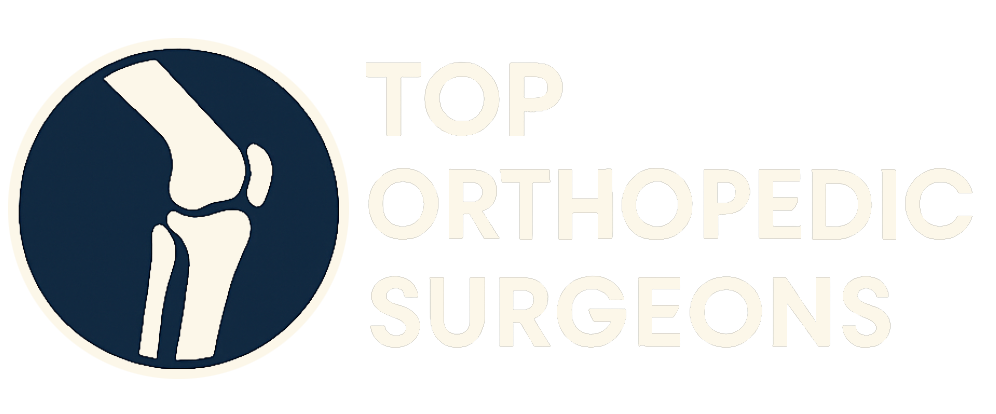Your health is your most valuable asset, and finding the right doctor is paramount to maintaining and improving it. Whether you’re seeking a primary care physician for general wellness or a specialist for a specific condition, the process of selecting a healthcare professional can feel overwhelming. This guide provides a structured approach to help you navigate this important decision, ensuring you find a doctor who meets your unique needs and preferences.
Understanding Your Healthcare Needs
Before embarking on your search, take some time to understand your individual healthcare needs. This self-assessment will serve as a foundation for your decision-making process.
Identifying Your Primary Concerns
Consider the reasons you’re seeking a doctor. Are you looking for routine check-ups, management of a chronic condition, or treatment for a specific ailment? Identifying your primary concerns will help you narrow your search and focus on doctors with relevant expertise.
- Preventative Care: If you’re generally healthy and seeking routine screenings and wellness advice, a primary care physician (PCP) is a good starting point.
- Chronic Conditions: If you have a pre-existing condition like diabetes, heart disease, or arthritis, you’ll need a doctor experienced in managing that specific condition.
- Specific Ailments: If you’re experiencing symptoms that require specialized attention, you’ll need to consult a specialist, such as a dermatologist for skin issues or a cardiologist for heart problems.
Considering Your Health History
Your personal and family health history plays a crucial role in your healthcare needs. Share this information with potential doctors to ensure they have a complete picture of your health profile.
- Personal Medical History: Be prepared to discuss any past illnesses, surgeries, allergies, and current medications.
- Family Medical History: Inform your doctor about any significant health conditions that run in your family, such as heart disease, cancer, or diabetes. This information can help them assess your risk factors and recommend appropriate preventative measures.
Defining Your Preferences
Think about your personal preferences regarding healthcare. Do you prefer a doctor who is readily accessible, someone who takes a holistic approach, or someone who is affiliated with a particular hospital? Considering these preferences will help you find a doctor who is a good fit for your personality and lifestyle.
Where to Begin Your Search
Once you have a clear understanding of your healthcare needs, it’s time to start your search. There are several avenues you can explore to find potential doctors.
Seeking Recommendations
Personal recommendations are often the most reliable way to find a good doctor. Ask for recommendations from trusted sources such as:
- Friends and Family: Talk to friends, family members, and colleagues about their experiences with local doctors.
- Current Healthcare Providers: If you’re moving or changing insurance plans, ask your current doctor for recommendations.
- Pharmacists: Pharmacists often have a good understanding of the local healthcare landscape and can provide valuable insights.
Utilizing Online Resources
The internet offers a wealth of information for finding doctors. Utilize online directories and review sites to research potential candidates.
- Online Directories: Websites like Top Orthopedic Surgeons, Zocdoc, Healthgrades, and Vitals provide comprehensive directories of doctors, allowing you to search by specialty, location, and insurance plan.
- Review Sites: Check online review sites like Yelp and Google Reviews to read patient feedback about potential doctors. Pay attention to patterns in the reviews, both positive and negative.
Checking with Your Insurance Provider
Your health insurance plan likely has a network of doctors who are in-network. Consulting your insurance provider can help you find doctors who accept your insurance, potentially saving you money on out-of-pocket costs.
- Insurance Company Website: Most insurance companies have online directories where you can search for in-network doctors.
- Customer Service: Contact your insurance company’s customer service department for assistance in finding doctors in your area.
Evaluating Potential Doctors
After compiling a list of potential doctors, it’s time to evaluate their qualifications and experience.
Verifying Credentials
Ensuring that a doctor is board-certified and has the necessary qualifications is crucial. Look for certifications from reputable organizations that specialize in their area of practice.
- Board Certification: Verify that the doctor is board-certified in their specialty. This indicates that they have met rigorous standards of education, training, and competence.
- Medical School and Residency: Research the doctor’s medical school and residency training. Attending a reputable institution can be an indicator of quality.
- Hospital Affiliations: Find out which hospitals the doctor is affiliated with. Affiliation with a well-respected hospital can be a sign of quality care.
Assessing Experience
Experience matters when it comes to healthcare. Consider the number of years a doctor has been in practice and their experience with specific conditions or procedures.
- Years in Practice: While a newer doctor may be up-to-date on the latest medical advancements, an experienced doctor may have a deeper understanding of complex medical issues.
- Specific Expertise: If you have a specific condition, look for a doctor with extensive experience in treating that condition.
Reading Patient Reviews
Patient reviews can provide valuable insights into a doctor’s bedside manner, communication skills, and overall quality of care. Pay attention to common themes in the reviews.
- Bedside Manner: Look for reviews that comment on the doctor’s empathy, compassion, and ability to make patients feel comfortable.
- Communication Skills: Effective communication is essential for good healthcare. Look for reviews that praise the doctor’s ability to explain medical information clearly and answer questions thoroughly.
- Wait Times and Office Staff: Consider reviews that mention wait times and the friendliness and efficiency of the office staff. These factors can impact your overall experience.
Scheduling a Consultation
Once you’ve narrowed down your list of potential doctors, schedule a consultation to meet them in person.
Preparing for the Consultation
Come prepared with a list of questions and any relevant medical records.
- List of Questions: Write down any questions you have about the doctor’s qualifications, experience, treatment philosophy, and office policies.
- Medical Records: Bring copies of your medical records, including your medical history, list of medications, and any relevant test results.
What to Expect During the Consultation
During the consultation, pay attention to how the doctor interacts with you and whether you feel comfortable communicating with them.
- Communication Style: Does the doctor listen attentively to your concerns and answer your questions clearly and thoroughly?
- Bedside Manner: Does the doctor make you feel comfortable and respected?
- Treatment Philosophy: Does the doctor’s treatment philosophy align with your own beliefs and values?
Assessing the Office Environment
Take note of the office environment. Is it clean, organized, and welcoming? Is the staff friendly and helpful?
- Cleanliness and Organization: A clean and organized office is a sign of attention to detail and professionalism.
- Staff Friendliness: A friendly and helpful staff can make your experience more pleasant and efficient.
Making Your Decision
After the consultation, take some time to reflect on your experience and make an informed decision.
Trusting Your Gut
Ultimately, the best doctor for you is someone you feel comfortable with and trust. If something doesn’t feel right, don’t hesitate to seek a second opinion.
Considering All Factors
Weigh all the factors you’ve considered, including the doctor’s qualifications, experience, patient reviews, and your personal preferences. Choose a doctor who meets your needs and makes you feel confident in their ability to provide quality care.
Establishing a Long-Term Relationship
Finding the right doctor is an investment in your long-term health. Once you’ve found a doctor you trust, establish a long-term relationship by scheduling regular check-ups and communicating openly about your health concerns.
The Importance of a Strong Doctor-Patient Relationship
The relationship you have with your physician is the cornerstone of effective healthcare. A strong doctor-patient relationship is built on trust, open communication, and mutual respect. This bond allows for a more comprehensive understanding of your health needs, leading to more accurate diagnoses and personalized treatment plans.
When you feel comfortable and confident in your doctor, you’re more likely to adhere to their recommendations, actively participate in your care, and ultimately achieve better health outcomes. Cultivating this relationship requires effort from both parties, but the benefits are immeasurable.
Open Communication is Key
Honest and open communication is the foundation of a good doctor-patient relationship. Be prepared to share your medical history, current symptoms, and any concerns you may have. Don’t hesitate to ask questions if you don’t understand something. Your doctor should be willing to explain things in a way that you can easily comprehend.
It’s also important to be honest about your lifestyle habits, such as diet, exercise, and alcohol consumption. These factors can significantly impact your health and your doctor needs to have a complete picture to provide the best possible care.
Building Trust and Respect
Trust is essential in any relationship, and the doctor-patient relationship is no exception. You need to trust that your doctor has your best interests at heart and is providing you with the most appropriate care. This trust is earned through consistent, reliable, and compassionate care.
Respect is also crucial. Respect your doctor’s expertise and experience, and expect to be treated with respect in return. A good doctor will listen to your concerns, validate your feelings, and involve you in the decision-making process.
Overcoming Challenges in Finding a Doctor
Finding the right doctor isn’t always easy. You may encounter challenges along the way, such as limited availability, insurance restrictions, or difficulty finding a specialist in your area. Here are some strategies for overcoming these challenges:
Addressing Insurance Limitations
If your insurance plan restricts your choice of doctors, consider exploring options within your network. You can also request an exception if you have a specific reason for wanting to see an out-of-network provider.
Expanding Your Search Area
If you’re having trouble finding a doctor in your immediate area, consider expanding your search to nearby towns or cities. The extra travel time may be worth it to find a doctor who meets your needs.
Seeking Assistance from Patient Advocacy Groups
Patient advocacy groups can provide valuable support and resources for navigating the healthcare system. They can help you find doctors, understand your insurance coverage, and advocate for your rights.
Empowering Yourself Through Knowledge
Selecting a doctor is a significant step towards proactive health management. By taking the time to understand your requirements, conduct thorough research, and engage in thoughtful consultations, you can confidently choose a healthcare professional who aligns with your needs and values.
Remember, finding the right doctor is a journey, not a destination. Be patient, persistent, and trust your instincts. With the right healthcare partner, you can achieve optimal health and well-being.


